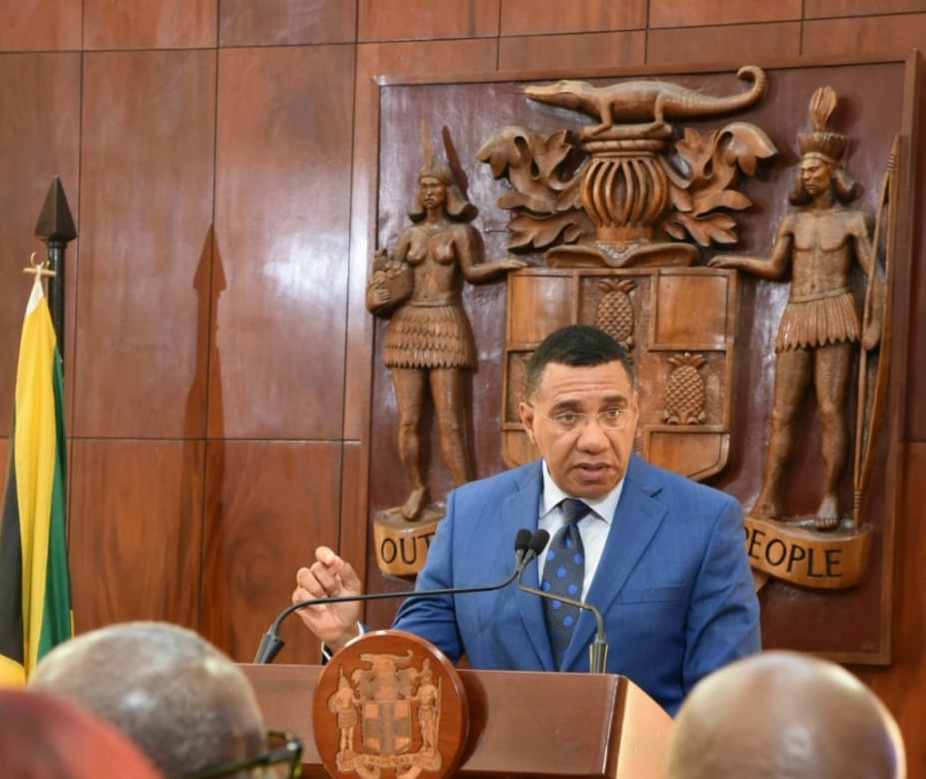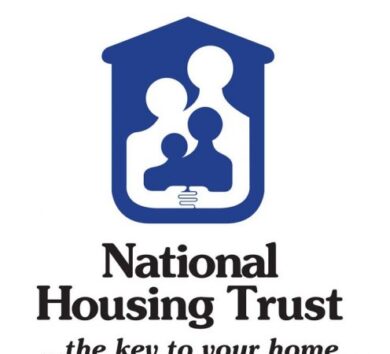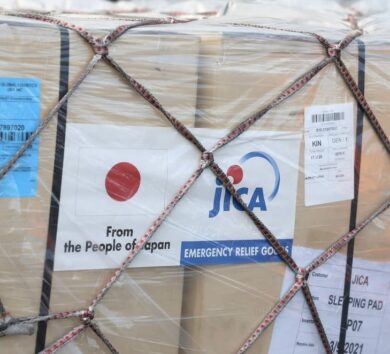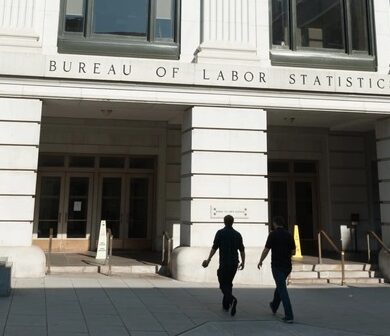

The Government is establishing a National Reconstruction and Resilience Authority (NARA) to lead, coordinate, fast-track and oversee national rebuilding efforts in the aftermath of Hurricane Melissa.
“The NARA will focus on building back better—safer homes, climate-resilient infrastructure, better land use planning, relocation from high-risk zones,” said Prime Minister Dr Andrew Holness.
He said that new industries and businesses will also be introduced to areas that previously had no economic base.
The prime minister, who was addressing a press briefing on Hurricane Melissa recovery at Jamaica House on Wednesday, said that NARA will be established as a statutory body with special powers and will report directly to the Office of the Prime Minister.
In emphasising the necessity of NARA, Dr Holness argued that existing government structures, procedures, rules, and regulations are not designed for capital reconstruction at the emergency speed and scale required to facilitate what will be “the largest rebuilding effort in Jamaica’s modern history”.
He further contended that Jamaica’s traditional decentralised approaches and procurement and public investment rules, while appropriate in normal times, are not designed to meet the scale and speed that will be required to implement an effective post-Melissa recovery in any practical time frame.
“Furthermore, having each agency or ministry of government mount its own reconstruction would, over the longer term, cannibalise operational capacity and further affect the delivery of public services. In addition, a fragmented ministry-by-ministry approach will not easily scale to meet the magnitude of the reconstruction challenge. We therefore need a dedicated reconstruction apparatus,” Dr Holness said.

He noted that there is national and international precedence for this approach, citing its use after Hurricane Katrina in New Orleans in 2005, in Canterbury, New Zealand, after the Christchurch earthquake in 2011, and in Japan after the 2011 earthquake and tsunami.
“In Jamaica, too, Prime Minister PJ Patterson established the Office of National Reconstruction (ONR) after Hurricane Ivan,” the Prime Minister pointed out, noting that the ONR was set up as a special unit to coordinate relief and reconstruction; it was not established by an act of parliament.
“The NARA will be much larger in scope and scale and established under special-purpose legislation. Given the extraordinary powers that will be sought to expedite reconstruction, the NARA will be set up with a sunset date of five years, renewable by Parliament,” Dr Holness informed.
He outlined that the authority’s administrative expenditure will be financed from the national budget, with the recovery and reconstruction activities to be financed initially from the National Natural Disaster Recovery Fund (NNDRF), which was set up to receive the proceeds of Jamaica’s disaster risk instruments.
These include Jamaica’s catastrophe bond, policies with the Caribbean Catastrophe Risk Insurance Facility (CCRIF) and various credit contingent claims with the Inter-American Development Bank (IDB) and the World Bank totalling approximately US$650 million.
Dr Holness said it is likely that the Government will need to borrow to finance reconstruction beyond what will be available in the NNDRF.
“We have immediate access to approximately US$500 million from the International Monetary Fund’s (IMF) rapid financing facility (RFI). The RFI facility does not come with policy conditionality so we will start this reconstruction effort with approximately US$1.15 billion in immediate funds,” he explained.
The Prime Minister pointed out that with the World Bank’s Global Rapid Post-Disaster Damage Estimation (GRADE) report indicating that Hurricane Melissa resulted in US$8.8 billion in physical damage across the island, for which the government would likely be responsible for at least half, there is still a gap that will have to be funded by additional borrowing.
Meanwhile, he informed that the Government will establish a high-level public-private advisory board for the NARA, which will include persons from civil society, technical personnel and multilateral and overseas partners.
“It will be a multi-stakeholder board that will ensure that we are making the right decisions [and that] there’s transparency and accountability,” Dr Holness said, noting that the legislation that gives birth to the NARA will incorporate these mechanisms.
Dr Holness noted that the Government will also establish an interagency coordinating committee, which will ensure that decisions are made swiftly by the heads of executing entities.
International engineering, procurement, and construction and programme management partners will also be engaged.
The Prime Minister said that NARA will serve as proof of concept for a more agile, performance-driven model of public administration.
“The NARA will ultimately provide a blueprint for wider public sector transformation, demonstrating how Jamaica can deliver major projects faster, more transparently, and with greater accountability,” he added.







Comments